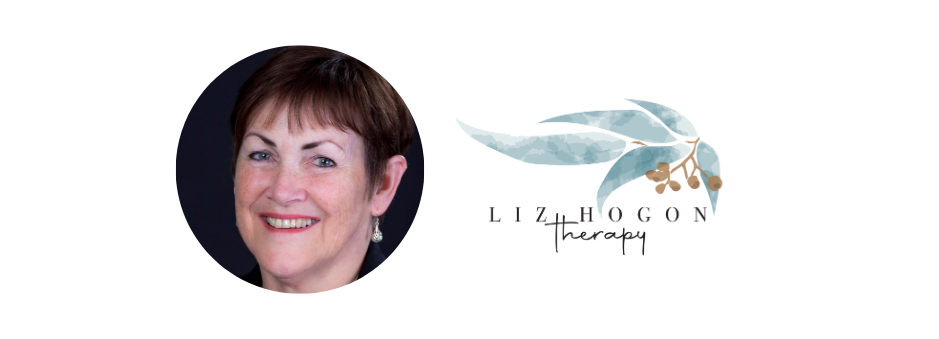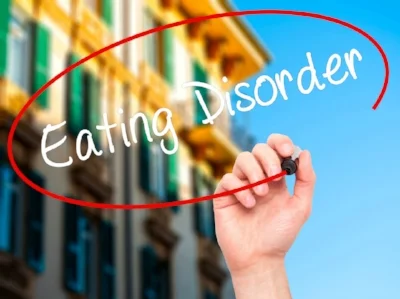Binge Eating Disorder, Anorexia Nervosa and Bulimia Nervosa are the three most common eating disorders. Eating disorders are known to often cause them, and those closest to the sufferer, a huge amount of anxiety and stress.
So what are binge eating disorder, anorexia and bulimia?
With eating disorders the sufferer is merely attempting to gain control but inevitably just feeling more and more out of control. Eating disorders such as Anorexia, Bulimia or binge eating are all about secrets... incessant exercising for hours and hours, or spending a fortune on food for the binges. Most of the medical profession view anorexia and bulimia as medical problems but nothing could be further from the truth. People can get very ill from these problems but the causes are always emotional. Generally the sufferers have low self-esteem, very obsessive personalities, tend to withdraw socially and suffer with a lot of guilt and shame.
To be clear: Anorexia is a general loss of appetite or no interest in food and this shouldn't be confused with Anorexia Nervosa. Sufferers of Anorexia Nervosa don't lose their appetite - they have an irrational fear of gaining weight and therefore restrict the amount of food they intake.
Who gets an eating disorder?
It is usually females although statistics show that many more males are now being diagnosed. Anyone of any age and from any cultural background can present with an eating disorder.
What are the eating disorders?
Anorexia Nervosa:
Possibly the best known of the eating disorders the symptoms of Anorexia Nervosa include severe weight loss, excessive exercise, lying about their food intake, social withdrawal and often self-harming.
Anorexics are nearly always perfectionists setting targets well beyond their reach. Failure inevitably ensues and so the anorexic then takes control of the one part of his/her life that can be controlled which, of course, is their weight and food intake.
Bulimia Nervosa:
Bulimia is becoming much more common now. Sufferers usually spend a lot of money on comfort foods at the store and this is followed by a private binge. After this there is the purge (vomiting) and along with this is often excessive exercise, use of laxatives and sometimes even periods of self-imposed starvation.
Binge eating:
Binge eating is also done in secret. Binge eating, however, doesn't have the purging behaviour. The sufferer can therefore put on large amounts of weight which they often find very difficult to shift.
Body dysmorphic disorder:
People suffering with this disorder are totally obsessed with their bodies. They believe that certain parts of their bodies are defective and become totally preoccupied often to the point of resorting to cosmetic surgery. Depression is common and some resort to suicide.
Orthorexia:
Orthorexia is an unhealthy obsession with eating only healthy or "pure" foods. It appears to be more common now possibly due to the profusion of foods marketed as healthy and organic. Like anorexia nervosa, orthorexia is a disorder rooted in food restriction. The orthorexic, however, is more concerned about the type and quality of the food intake rather than the restriction.
Treatment of eating disorders
The good news is there is help available.
I offer a wonderful and highly effective programme where you can learn how to understand why you have the eating disorder and how to change it. When you change the way you think and feel about yourself you can overcome those symptoms and live a happier and more positive life.
People who are suffering from common psychological and health-related conditions are often convinced that their symptoms are happening to them. Consequently they can then feel completely powerless to improve their situation. With the programme I offer you can completely alter the way you view yourself by learning how to take control of your thoughts; changing your limiting beliefs; modifying any unhelpful thinking styles and letting go of all those negative beliefs that are holding you back. You've created these beliefs and problems so therefore you can change them... and it's not difficult!
You will be asked to agree to a free initial consultation before proceeding with any treatment.
I successfully conduct sessions via Skype, FaceTime, Messenger or Zoom so regardless of where you are in the world I can help you. All you need is an iPad, laptop or PC, a good internet connection, a Skype account (it’s free) and some privacy. Skype can be downloaded for a PC or Mac by clicking on the Skype logo immediately below or, if you have an iPad, going to iTunes and downloading the app.
If you would like to finally feel in control, calm and peaceful, please either email or call me on 0409 254 500 and we can arrange for a free no obligation consultation. We can discuss your options and you will be able to get clear answers on any questions you may have. There is no obligation on either your part or mine!



